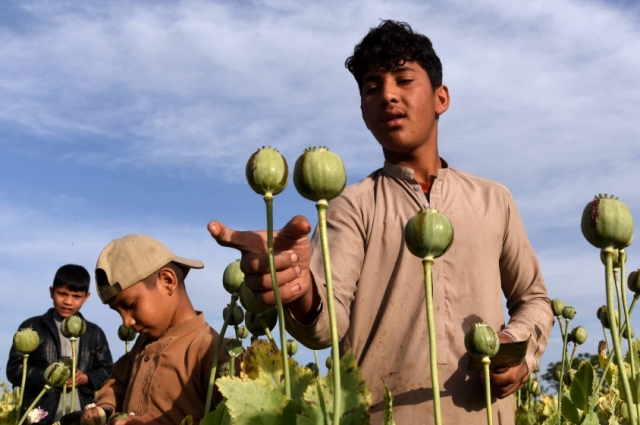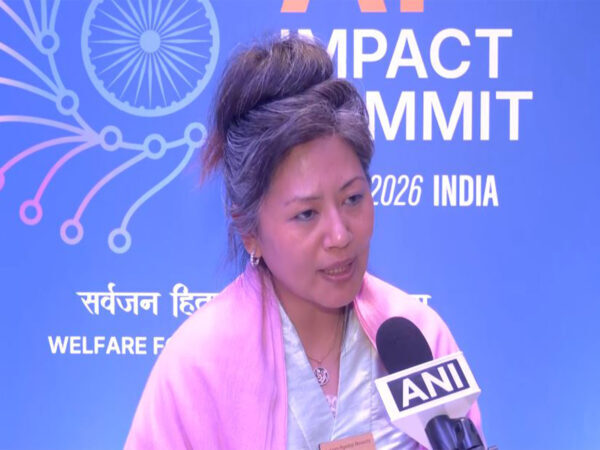
Afghan Drug Industry Thrives Despite Ban On Poppy Cultivation
Afghanistan’s fastest-growing drug industry operates from desert outposts in plain view, a US media report said on Monday, weeks after the Taliban announced a ban on poppy cultivation.
This comes as Afghanistan has been a global hub for opium production, estimated to supply 80 percent of the world’s opiate users.
According to The Washington Post, the meth industry is growing at record speed, stoking fears that the country could become a major supplier as demand rises globally.
The US newspaper said that hundreds of meth labs have appeared in the country over the past six years.
The report added that more are being built each month as the country’s economic crisis forces Afghans to find new sources of income, the report said and added the vast majority of meth produced is for export.
“These labs have been extremely busy these last few months, as a consequence of the sheer amount of ephedra that passed through,” said David Mansfield, an expert on Afghanistan’s illicit economy who has produced reports for the World Bank and European Commission, drawing from on-the-ground investigators, aerial imagery and other sources.
According to the Post, though the Taliban inspect the market, they have not tried to shut it down. This is happening despite the ban issued by the Taliban issued on the growing, production and distribution of illicit drugs.
Abdulwadood who works openly in the methamphetamine business said the only reason they are in this business is that there are no other jobs. “Of course, if the economy gets worse, more people will start producing shisha.”
“A significant part of the Taliban’s revenue comes from taxing illicit commodities, and drugs is one of those,” said Andrew Cunningham, who heads the drug markets, crime and supply reduction branch at the EU’s European Monitoring Center for Drugs and Drug Addiction.
“It’s impossible to provide even the most basic of services unless there’s money coming into the government coffers,” Cunningham noted. (ANI)



